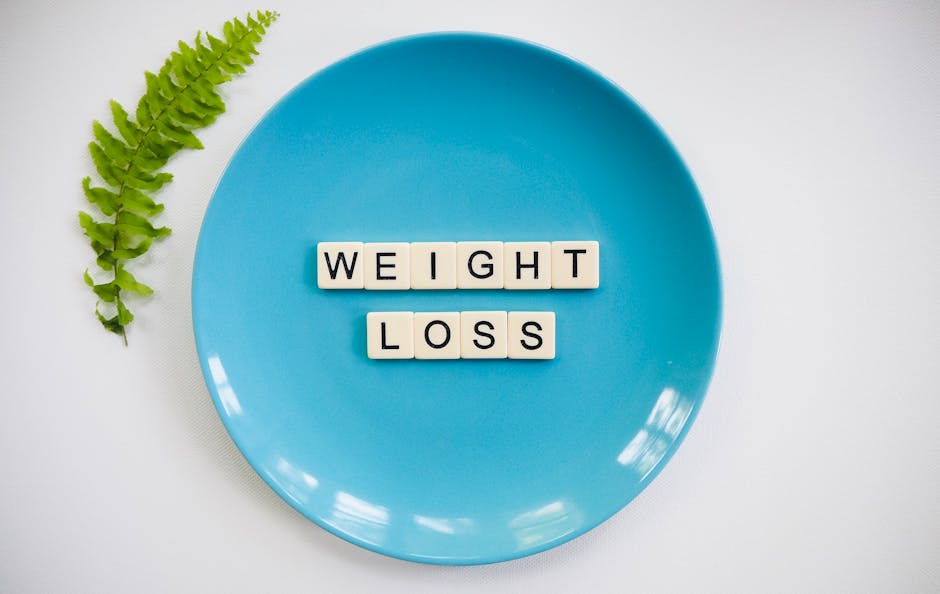Losing weight and maintaining a healthy weight can be challenging, but it's an important step towards improving your overall health and well-being. There are countless diets and weight loss programs out there, but not all of them are effective or sustainable. In this blog post, we'll explore the basics of dieting and weight loss, and provide you with some tips and strategies to help you achieve your goals.
**Understanding Energy Balance**
Weight loss is all about energy balance. If you consume more calories than you burn, you'll gain weight. If you burn more calories than you consume, you'll lose weight. To lose weight, you need to create a calorie deficit, which means consuming fewer calories than you burn.
**Choosing a Healthy Diet**
There are many different approaches to dieting, but the key is to find a plan that is healthy, sustainable, and right for you. Some popular diets include the Mediterranean diet, the DASH diet, and the keto diet. These diets emphasize whole, unprocessed foods and limit unhealthy fats, sugary drinks, and processed foods.
**Exercise and Activity**
Exercise is an important part of any weight loss plan. Physical activity helps you burn calories and build muscle, which can boost your metabolism. Aim for at least 150 minutes of moderate-intensity exercise or 75 minutes of vigorous-intensity exercise per week.
**Behavioral Changes**
In addition to diet and exercise, making some behavioral changes can help you lose weight and keep it off. These changes include:
* Eating slowly and mindfully
* Avoiding distractions while eating
* Limiting sugary drinks
* Getting enough sleep
* Managing stress
**Other Factors to Consider**
There are a few other factors that can affect weight loss, including:
* Age: As we age, our metabolism slows down, making it harder to lose weight.
* Hormones: Hormones like leptin and ghrelin play a role in appetite and weight regulation.
* Genetics: Some people are more likely to be overweight or obese due to their genes.
* Medical conditions: Certain medical conditions, such as thyroid problems, can make it harder to lose weight.
**Conclusion**
Losing weight and maintaining a healthy weight is a journey that requires commitment and consistency. There is no quick fix or one-size-fits-all solution. By understanding energy balance, choosing a healthy diet, exercising regularly, making lifestyle changes, and considering other factors, you can increase your chances of success. Remember to consult with a healthcare professional or registered dietitian for personalized advice and support.

